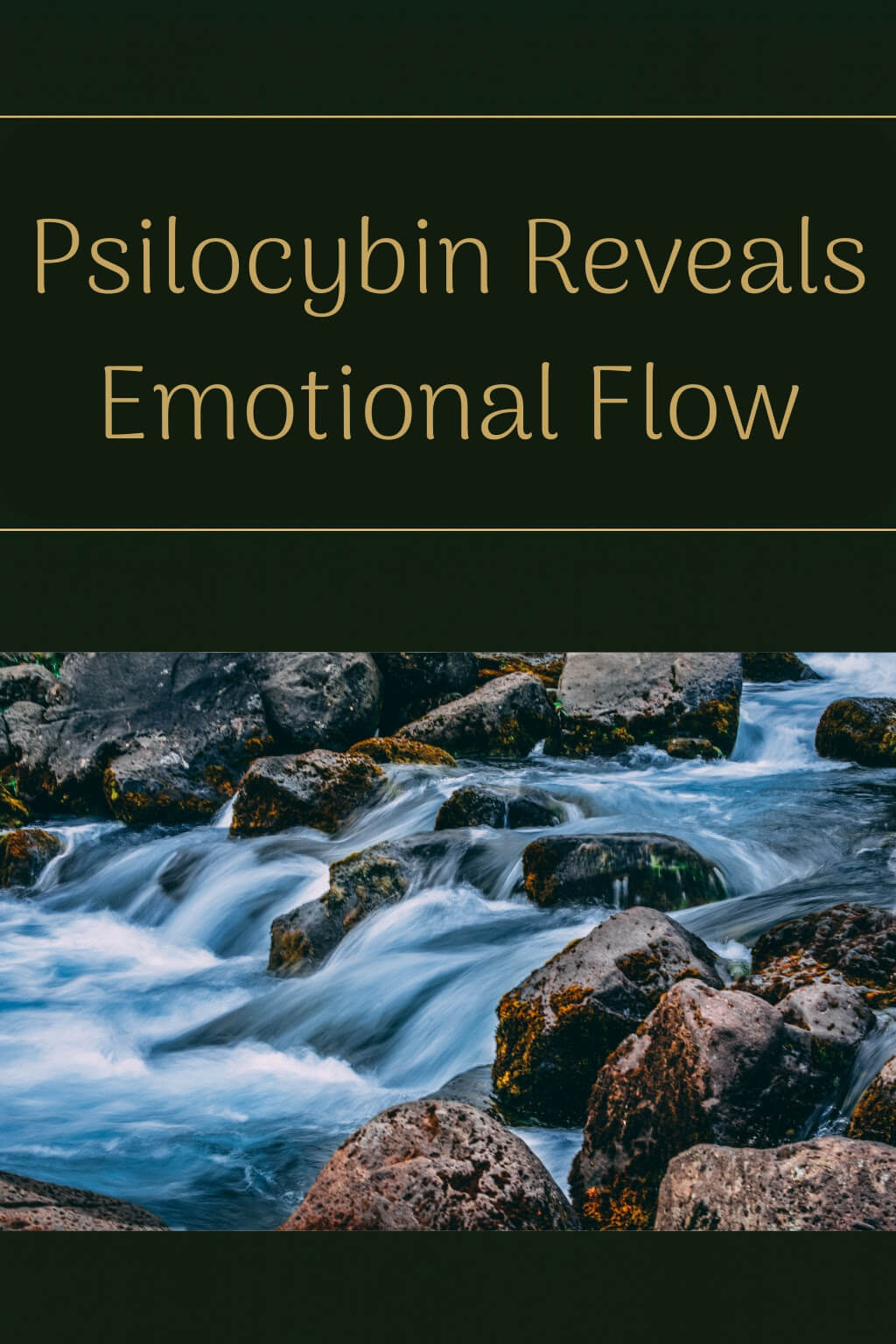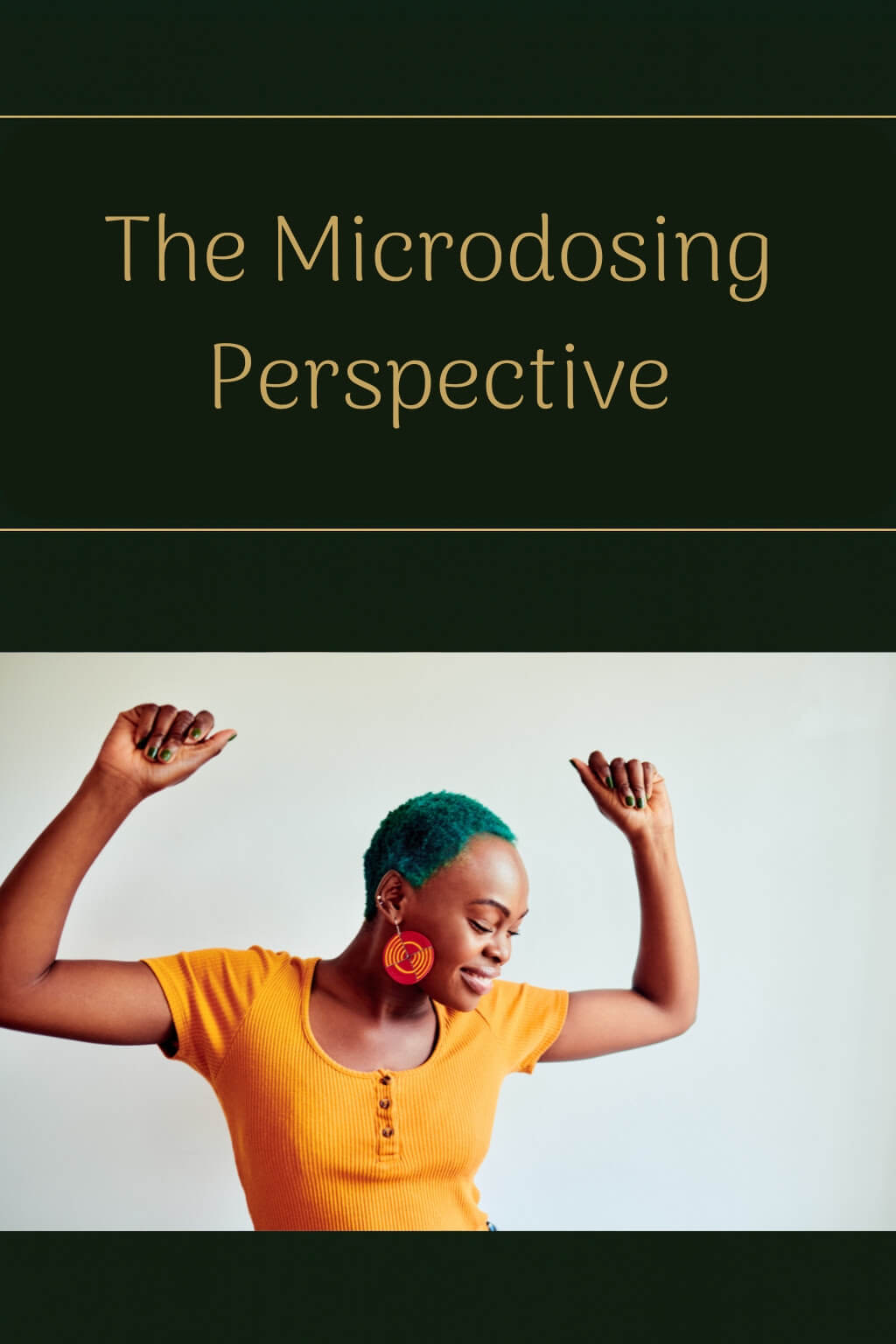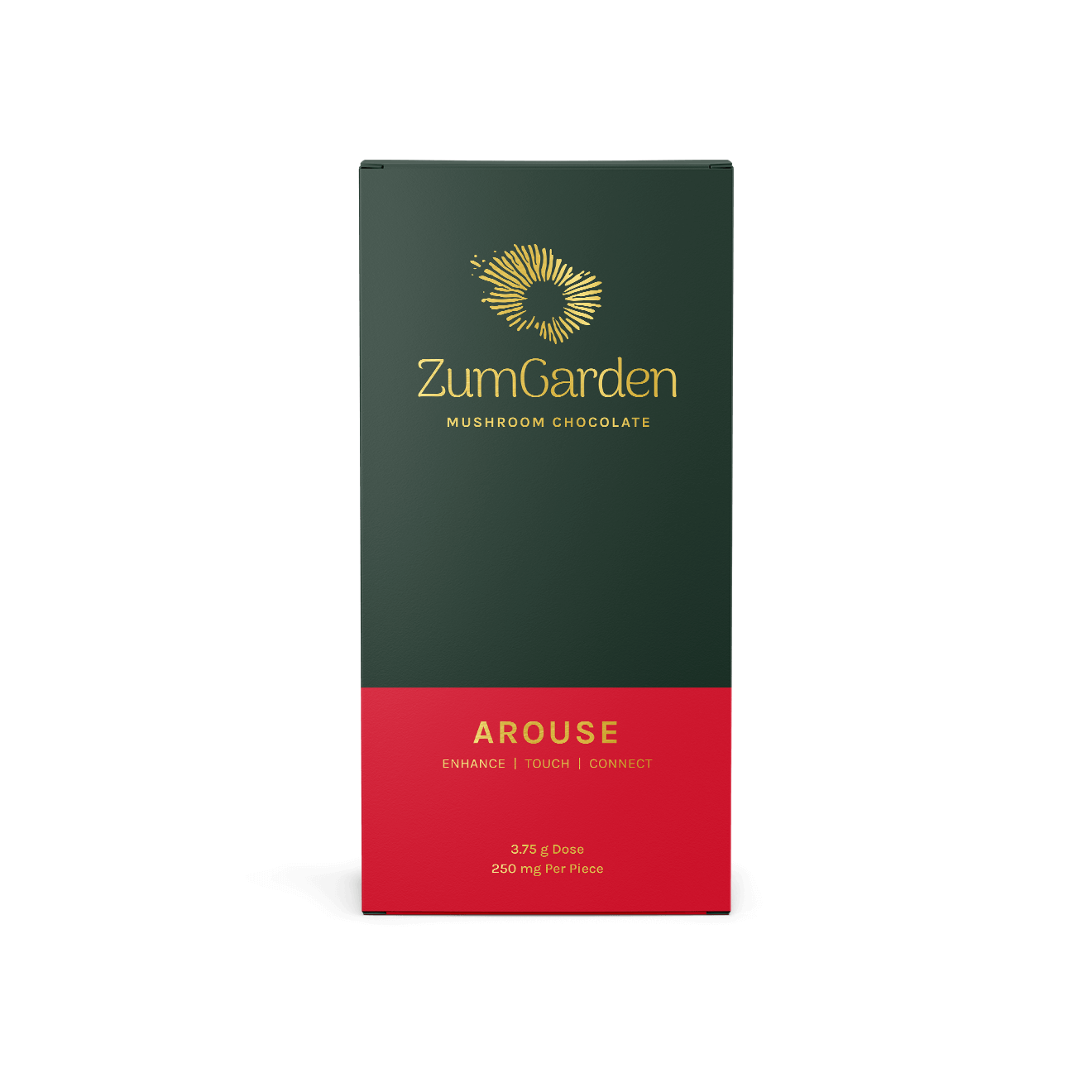You wouldn't judge yourself for experiencing rain.
You wouldn’t try to argue with a thunderstorm or feel ashamed of snow.
Weather is temporary, natural, and constantly changing. You dress appropriately, take shelter when needed, and wait for it to pass.
Your emotions work the same way – but somehow you’ve forgotten this.
Instead of experiencing feelings as temporary weather patterns, you identify with them as permanent climate. “I am anxious” instead of “I’m experiencing anxiety.” “I am depressed” instead of “I’m going through a difficult period.”
Psilocybin often reveals the fluid, impermanent nature of emotional states, showing you that feelings are something you experience, not something you are.
The Weather vs Climate Confusion
Emotional weather: Temporary states that come and go
Emotional climate: Your general patterns over time
Most people confuse the two, treating every storm like it’s permanent climate change. A bad day becomes “I’m always unhappy.” A period of anxiety becomes “I’m an anxious person.”
This confusion creates unnecessary suffering. You fight against natural emotional rhythms instead of flowing with them.

Microdosing often provides perspective on the temporary nature of feelings:
You start noticing emotions as energetic weather patterns moving through your system. Sadness feels like a passing cloud. Anger feels like a brief storm. Joy feels like sunshine breaking through.
Common realizations:
- "This feeling is intense but it's not permanent"
- "I can experience difficult emotions without being consumed by them"
- "My mood will naturally shift if I don't resist it"
- "Emotions have wisdom but they're not absolute truth"
You become the sky that contains all weather instead of identifying with each passing cloud.
Try This: The Weather Report Practice
Instead of saying “I am…” try “I’m experiencing…”
- "I'm experiencing anxiety about this situation"
- "I'm going through a period of sadness"
- "I'm feeling excited energy right now"
- "I'm noticing irritation arising"
This simple language shift creates space between you and your emotional weather.

Just like meteorological weather, emotional weather requires different responses:
Stormy emotions (anger, intense sadness): Seek shelter, wait it out, don’t make major decisions
Foggy emotions (confusion, numbness): Move slowly, wait for clarity, avoid rushing
Sunny emotions (joy, enthusiasm): Enjoy them, but don’t expect them to last forever
Rainy emotions (grief, disappointment): Let them flow, provide comfort, trust they’ll pass
No weather is wrong - it's all information about your internal climate.
The Resistance Problem
Most emotional suffering comes from resisting natural weather patterns:
- Fighting sadness instead of letting it flow
- Judging anger instead of understanding its message
- Grasping at happiness instead of enjoying it while it lasts
- Avoiding anxiety instead of learning what it's protecting
What you resist persists. What you allow transforms.

Psilocybin helps you develop what psychologists call "emotional flexibility" - the ability to experience feelings without being overwhelmed by them.
You learn to surf emotional waves instead of being crushed by them. You develop trust in your emotional weather system’s natural intelligence.
Feelings become information and energy rather than identity and truth.

Your emotions are not you - they're something moving through you.
Like weather, they're natural, temporary, and constantly changing. Fighting them is like arguing with rain.
The goal isn’t to control your emotional weather. It’s to develop a wise relationship with whatever conditions arise.
So what emotional weather are you experiencing right now?
Mush love,
Mushie Media of the Week:
"Emotional Intelligence: Why It Matters More Than IQ"
by: Daniel Goleman




























